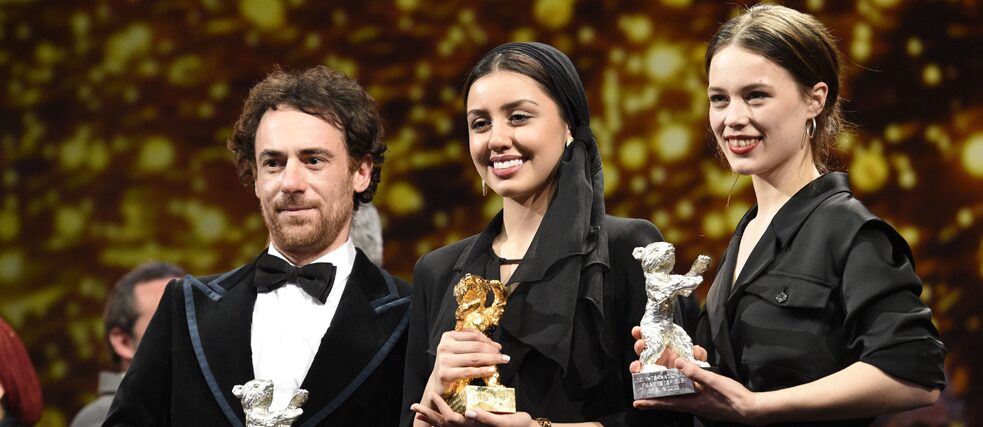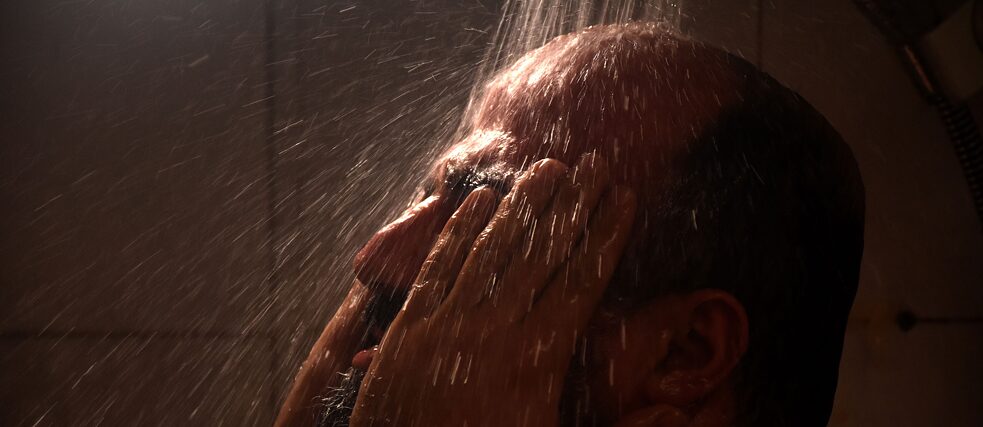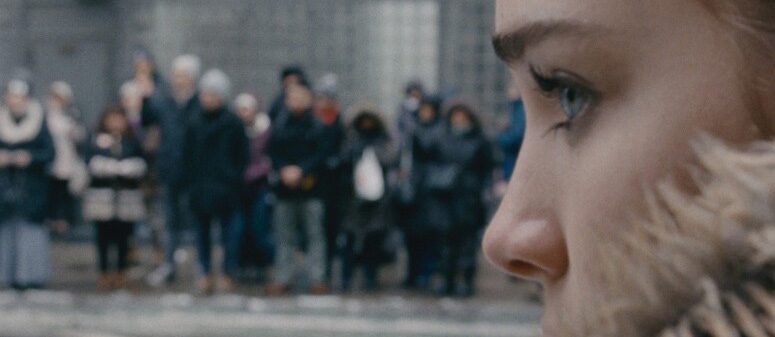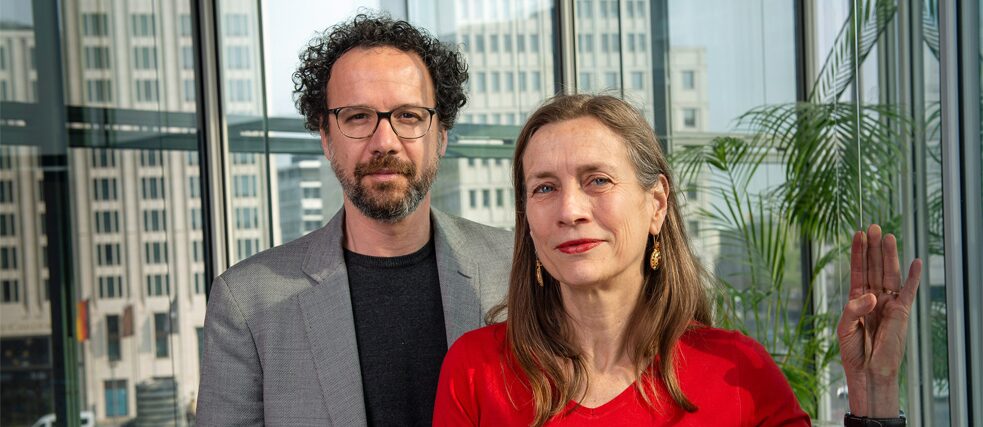Berlinale 2020
A Restart with Difficulties

The 70th Berlinale was the premiere for the new management team, Carlo Chatrian and Mariette Rissenbeek. Have they been able to get the Berlinale going artistically and curatorially?
By Ula Brunner
In the first year of the new era, the Berlinale has maintained its reputation as the most political of the A-festivals: an abortion drama and a touching appeal against the death penalty won the most important prizes at the grand gala. The Golden Bear went to Iranian director Mohammad Rasoulof's There is No Evil. His episodic film is an artfully condensed appeal against the death penalty in his homeland. According to the Berlinale jury, it shows how totalitarian systems force people to act in inhuman ways.
 “Sheytan vojud nadarad” (“There is no evil”). Golden Bear 2020. Director: Mohammad Rasoulof. Photo description: Ehsan Mirhosseini. Berlinale Competition 2020 | Photo (detail): © Cosmopol Film
“Sheytan vojud nadarad” (“There is no evil”). Golden Bear 2020. Director: Mohammad Rasoulof. Photo description: Ehsan Mirhosseini. Berlinale Competition 2020 | Photo (detail): © Cosmopol Film
Politically explosive abortion drama
The young independent US filmmaker Eliza Hittman was represented in the competition for the first time. Her tranquil abortion drama Never Rarely Sometimes Always won the Grand Jury Prize. Two teenagers travel from rural Pennsylvania to New York to have an abortion. “Never Rarely Sometimes Always”. Director: Eliza Hitmann | Photo (detail): © Courtesy of Focus Features
“Never Rarely Sometimes Always”. Director: Eliza Hitmann | Photo (detail): © Courtesy of Focus Features
Silver Bear for a Mermaid
Christian Petzold was in the competition for the fifth time now. His contribution Undine transfers the fairy tale of the mermaid into the present and combines it with a discourse on Berlin's urban history. Paula Beer and Franz Rogowski in Christian Petzold's film “Undine” | Photo (detail): © Hans Fromm/Schramm Film
Paula Beer and Franz Rogowski in Christian Petzold's film “Undine” | Photo (detail): © Hans Fromm/Schramm Film
Many familiar names in the competition
At this year's film festival in Berlin, 18 international films competed for the Golden Bear and the seven Silver Bears. The new artistic director, Carlo Chatrian, relied primarily on established auteur filmmakers: Besides Petzold, the South Korean Hong Sang-soo (Silver Bear Best Director: The Woman Who Ran), Benoît Delépine and Gustave Kervern (Silver Bear - 70th Berlinale: Delete History), Sally Potter (The Roads Not Taken) and Philippe Garell (The Salt of Tears) were represented. Although not all of them demonstrated artistic excellence, the competition as a whole displayed a great deal of courage in developing unusual narrative forms.Organisational difficulties
From a purely organisational point of view, the new management duo had to contend with a number of difficulties: for example, findings about the first Berlinale director’s Nazi connections led to the suspension of the renowned Alfred Bauer Prize. Jury President Jeremy Irons came under criticism because of earlier misogynistic statements. And the right-wing extremist terror attacks in Hanau cast dark shadows on the opening on February 20. The gala guests commemorated the victims with a minute's silence.Did the newcomers redo everything?
Speculation and hopes had preceded the first Berlinale under new management. The festival had recently come under increasing criticism: too many films and sections, declining quality of the competition. As a result, many discussions revolved around the question: Have the newcomers managed to make the festival more cineaste-friendly? Carlo Chatrian, Mariette Rissenbeek, Berlinale Directors 2020 | Photo (detail): © Alexander Janetzko/Berlinale 2019
Carlo Chatrian, Mariette Rissenbeek, Berlinale Directors 2020 | Photo (detail): © Alexander Janetzko/Berlinale 2019
The restructuring will continue
The new competitive section Encounters still has to prove itself, of course. It is true that a thoroughly exciting showcase of independent filmmaking was presented here: from Cristi Puiu's debate film Malmkrog and Heinz Emigholz's essay The Last City to Naked Animals, Melanie Waelde's unconventional film debut. But the question remains whether Chatrian is not in fact undermining himself with the additional competition or weakening the similarly innovative Forum section.One thing is clear, though: the restructuring that has just begun with determination will continue. World stars and famous auteur film-makers will continue to prefer Cannes and Venice to frosty Berlin. In addition, a fundamental change is underway in the media world, streaming services are weakening the cinema industry. This makes it increasingly difficult for A-festivals to fill their competitive sections with outstanding films. The new dual leadership cannot perform miracles. But their Berlinale premiere is proof that the path they have chosen is heading in the right direction.